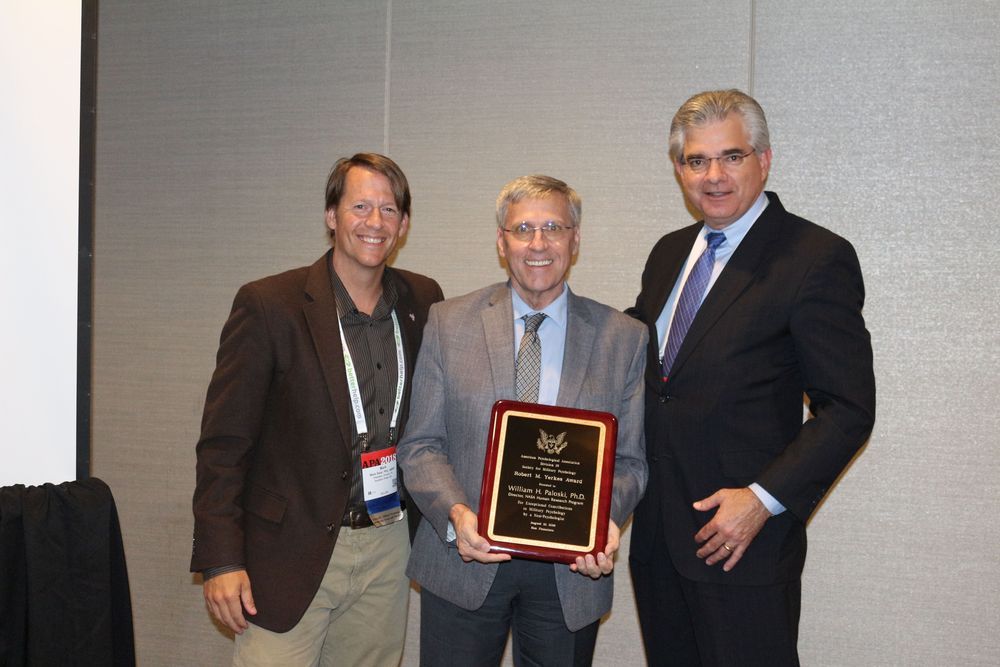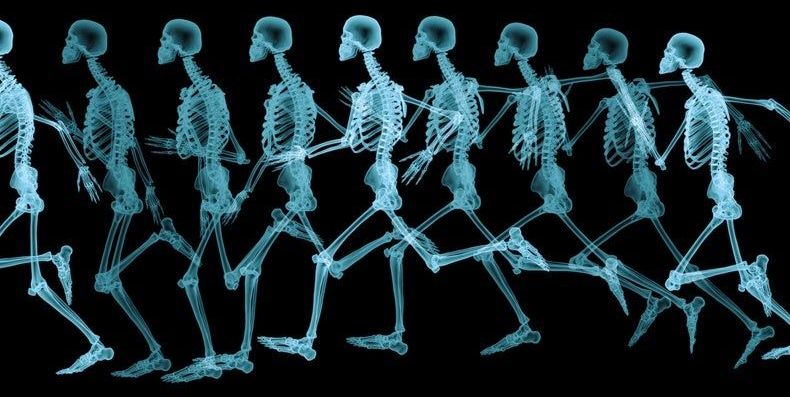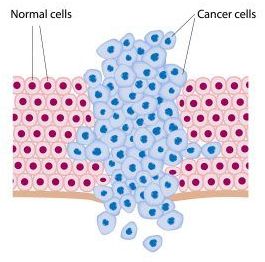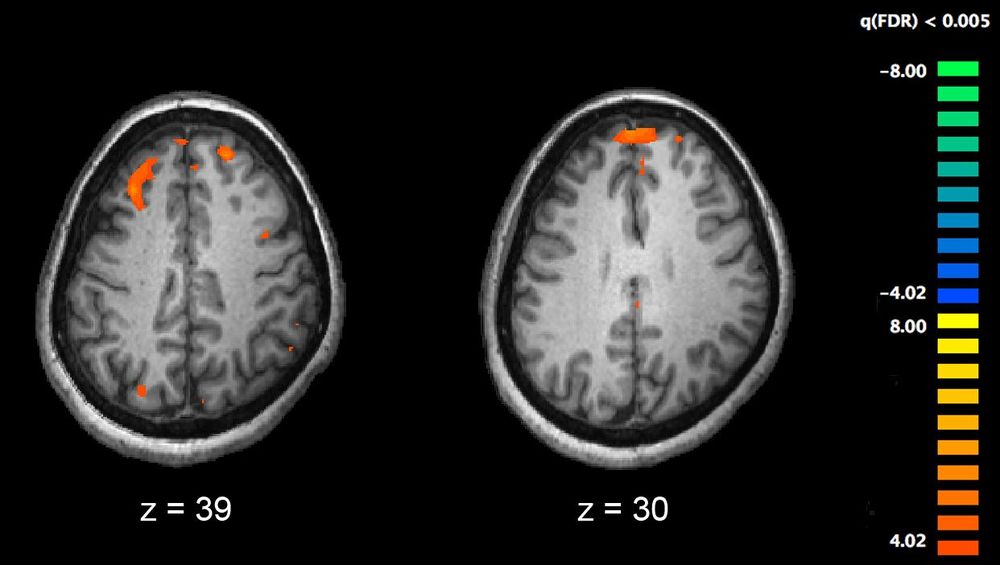A deadly fungus is spreading through banana plantations, and the cloned bananas we eat are defenseless. In labs around the world, scientists are trying to find ways to genetically alter the fruit to make it resistant.
[Images: Rawpixel]

A deadly fungus is spreading through banana plantations, and the cloned bananas we eat are defenseless. In labs around the world, scientists are trying to find ways to genetically alter the fruit to make it resistant.
[Images: Rawpixel]

Scientists are reporting the first use of the gene-editing tool CRISPR to try to cure a patient’s HIV infection by providing blood cells that were altered to resist the AIDS virus.
The gene-editing tool has long been used in research labs and a Chinese scientist was scorned last year when he revealed he used it on embryos that led to the birth of twin girls. Editing embryos is considered too risky, partly because the DNA changes can pass to future generations.
Wednesday’s report in the New England Journal of Medicine, by different Chinese researchers, is the first published account of using CRISPR to treat a disease in an adult, where the DNA changes are confined to that person.

On a recent afternoon at the Johnson Space Center, Bill Paloski, Ph.D., Director of NASA’s Human Research Program (HRP), commented on HRP’s mission to protect the health and safety of astronauts. He reflected on some of the human hazards of space, including radiation, isolation and confinement, distance from Earth, altered gravity, and hostile/closed environments.
“We still have a lot to learn about these hazards,” says Paloski. “For instance, how long does it take for space radiation to damage the human body? When you’re isolated, and can’t get home or talk to your family, how long can you stay positive? NASA’s Human Research Program exists to ensure the safety of brave people who are navigating unfamiliar territory in very stressful conditions. We need this program and its research teams to develop strategies to protect our explorers and pioneers who represent the front line of our nation’s space program.”
Paloski’s dedication to improving the lives of this “front line” has provided benefit to other sectors of the federal government, including those who serve the nation in high-risk missions and those in our military services. In recognition of these benefits, Paloski recently received the prestigious Robert M. Yerkes Award for significant contributions to military psychology by a non-psychologist.

In the face of fear, whether it be caused by a grizzly bear or an audience waiting to hear you speak, your body initiates a reaction to stress. The breath quickens, the pupils dilate, the heart begins to pound. These automatic responses occur as a part of the so-called fight-or-flight response, the body’s evolved mechanism to threats around us. Scientists have known for decades that this reaction is triggered by hormones released by the adrenal glands, two cone-shaped organs…
A protein released from bone is involved in triggering the body’s reaction to stress.
We’re continuing to release talks from Ending Age-Related Diseases 2019, our highly successful two-day conference that featured talks from leading researchers and investors, bringing them together to discuss the future of aging and rejuvenation biotechnology.
In his talk, The Reversal of the Aging of Human Cells: Strategies for Clinical Implementation, Dr. West discussed the differences between germ-line and somatic cells, embryonic regeneration in humans, organisms that do not age, the Weismann Barrier, the ways in which cellular immortality is repressed in human beings (somatic restriction), cellular reprogramming, and how AgeX is attempting to create stem cell populations for regenerative therapies.

Cybercriminals are zeroing in on the managed service providers that handle computer systems for local governments and medical clinics.
On July 3, employees at Arbor Dental in Longview, Washington, noticed glitches in their computers and couldn’t view X-rays. Arbor was one of dozens of dental clinics in Oregon and Washington stymied by a ransomware attack that disrupted their business and blocked access to patients’ records.
But the hackers didn’t target the clinics directly. Instead, they infiltrated them by exploiting vulnerable cybersecurity at Portland-based PM Consultants Inc., which handled the dentists’ software updates, firewalls and data backups. Arbor’s frantic calls to PM went to voicemail, said Whitney Joy, the clinic’s office coordinator.



Biopsies are currently the best way to detect cancer, but they’re invasive, uncomfortable, and can take a while to come back. Researchers have long been trying to find ways to eliminate the need for biopsies, and a team from the University of Michigan may have found one. Their new device, which is currently being tested, may be able to detect cancer cells that are circulating in a patient’s blood.
The University of Michigan team calls their new device “the epitome of precision medicine.” Dr. Daniel Hayes, Professor of Breast Cancer Research at the University of Michigan Rogel Cancer center, believes that getting cancer cells from a patient’s blood could help researchers to learn more about the makeup of the tumor. He and his team created a wearable device that looks through the blood to filter out cancerous cells. If the device is found to be successful, it may eventually replace liquid biopsies (blood or urine samples) that pick up cancer markers.
 Malignant tumors release cells into a patient’s blood, meaning that researchers could detect the presence of cancer through a blood sample. The problem is that the cancerous cells enter the bloodstream and circulate so quickly that they may not appear in one single blood sample. This issue is what sparked Dr. Hayes and his team to develop a device that actually searches for the cancerous cells.
Malignant tumors release cells into a patient’s blood, meaning that researchers could detect the presence of cancer through a blood sample. The problem is that the cancerous cells enter the bloodstream and circulate so quickly that they may not appear in one single blood sample. This issue is what sparked Dr. Hayes and his team to develop a device that actually searches for the cancerous cells.

A dietary supplement, sarcosine, may help with schizophrenia as part of a holistic approach complementing antipsychotic medication, according to a UCL researcher.
In an editorial published in the British Journal of Psychiatry, Professor David Curtis (UCL Genetics, Evolution & Environment and QMUL Centre for Psychiatry) suggests the readily available product could easily be incorporated into treatment plans, while calling for clinical trials to clarify the benefit and inform guidelines.
“Sarcosine represents a very logical treatment and the small number of clinical trials so far do seem to show that it can be helpful. It certainly seems to be safe and some patients report feeling better on it,” he said.
